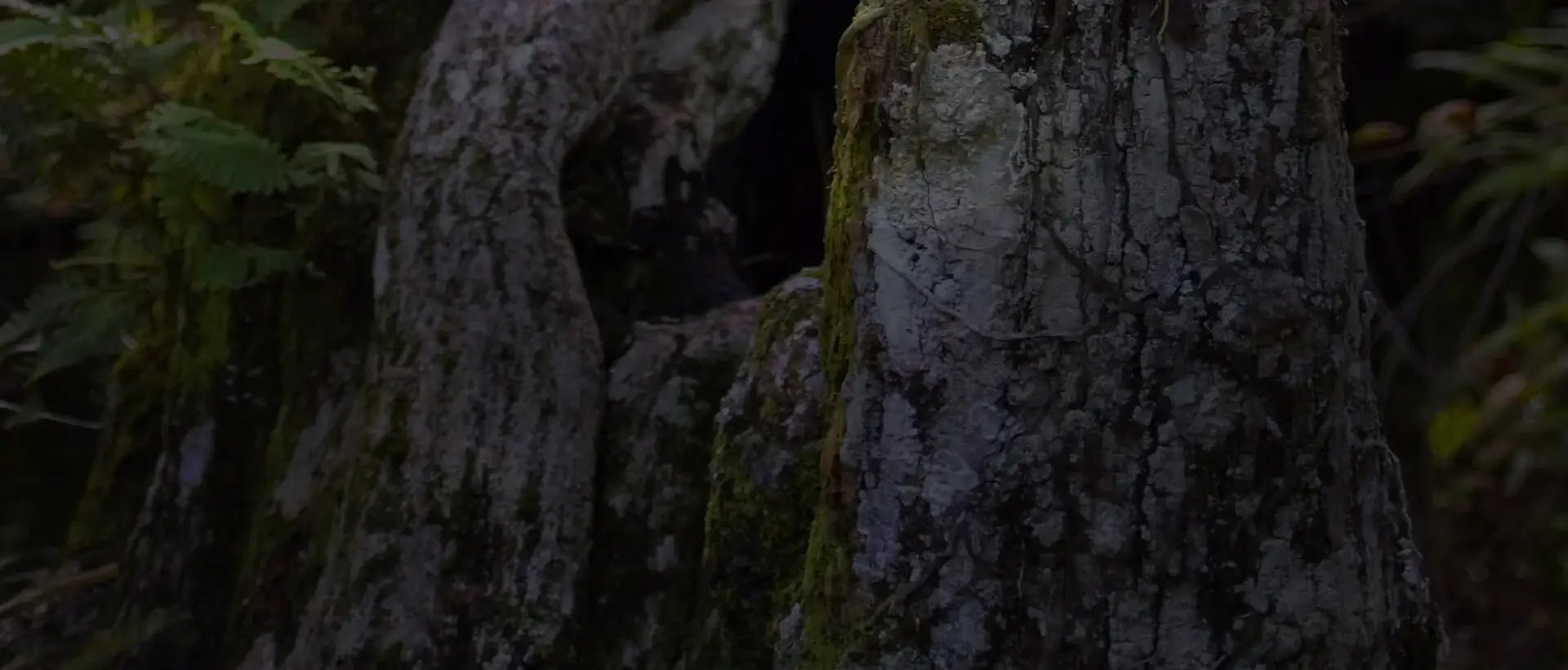
Question
My question concerns the ugly subject of virus. I collect mostly phalaenopsis, which I have discovered are often affected with TMV-O or CyMV. Since discovering a symptomatic plant with virus, I have had all my plants tested and discarded all the affected ones. When new plants come to my collection, I have requested the vendors to allow me to test the plants by sending samples out for Double-well Elisa tests at my expense, and asking for refunds if they are affected. I have received interesting responses from different growers and I was wondering what is your position on virus. I now feel that growers should take a more aggressive approach to eliminating virus. — Debbie Noack
Answer
Orchid virus is a touchy subject, and it is fairly easy for me to understand why commercial growers would give you what would seem to be ambiguous answers. First, the AOS has no position on virus. I guess the most important point that needs to be made is that orchid virus is widespread, and is easily transmitted from plant to plant, mostly by the hand of growers, carelessly. It is so easily spread that the only thing a virus test can really tell you about a plant is when the plant tests positive, it is virused. If the test comes back negative, it may mean the plant was clean at the time of testing, or the test simply failed to detect virus. Also, the plant may easily have become infected between the time of testing and the receipt of the result. And, if the plant tested clean at the time the tissue was taken for propagation, who is to say it or its propagules have not subsequently become virused.
A Dutch firm with which I am familiar does a comprehensive testing program on phalaenopsis it obtains for mericloning. It found that approximately 90 percent of all phalaenopsis that had been on the bench for two years or more were virused. To help avoid virus, purchase plants only from reputable sources, and only accept apparently clean plants. No nursery can afford to test each and every plant, and no nursery is perfect, any more than are hobbyists. If you insist on only completely virus-free plants, you will have to start out with new benches, and grow all of your plants yourself, from flasked seedlings. Whether this is practical is up to you. —Ned Nash
Ed. note: There are home testkits available today from sources such as Agdia, Inc. as well as mail away services like Critter Creek Laboratory.
See additional information on orchid viruses

FREE ACCESS: Orchid DealWire
Get notified when orchid vendors have special promotions and exclusive savings.






